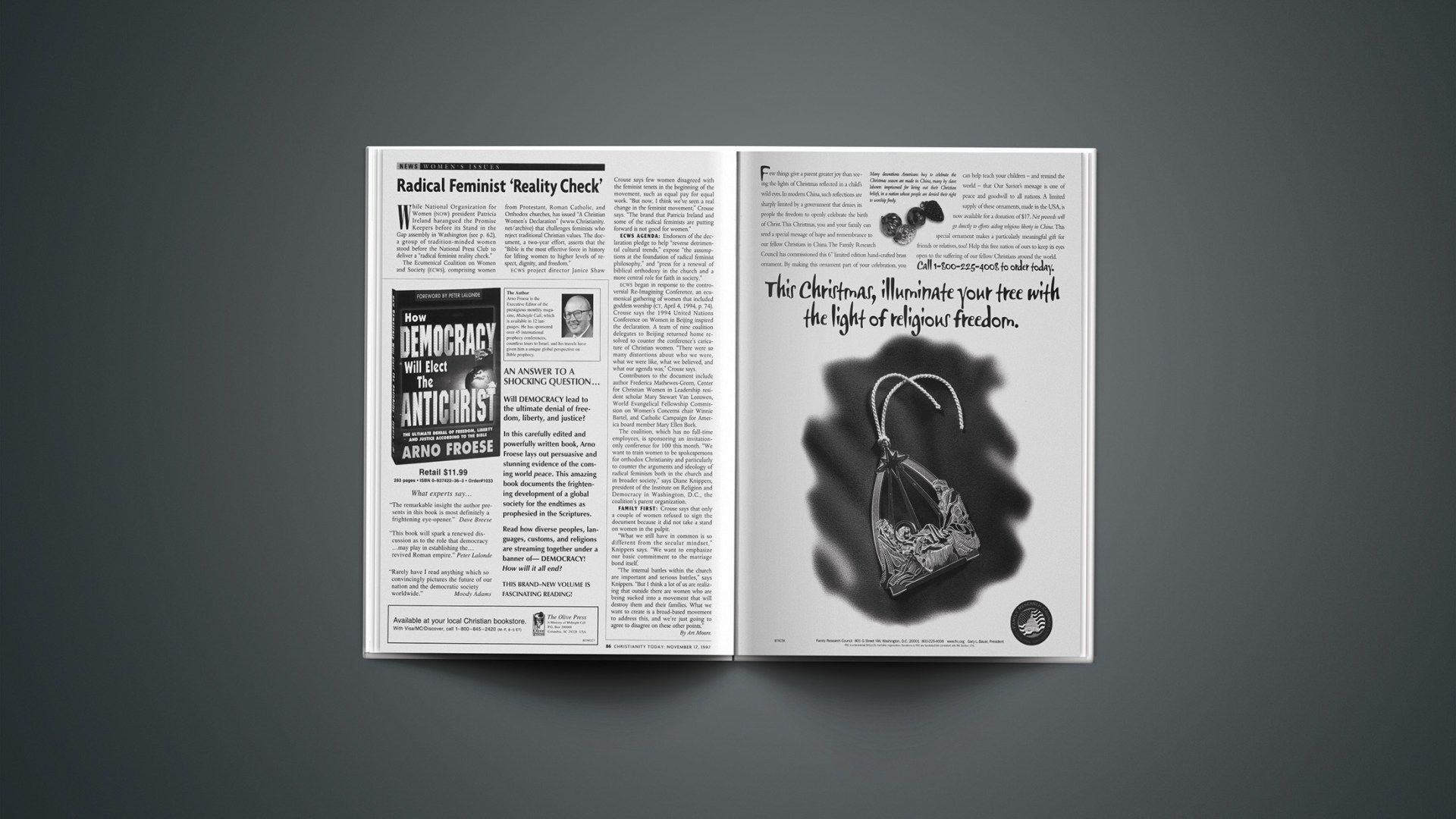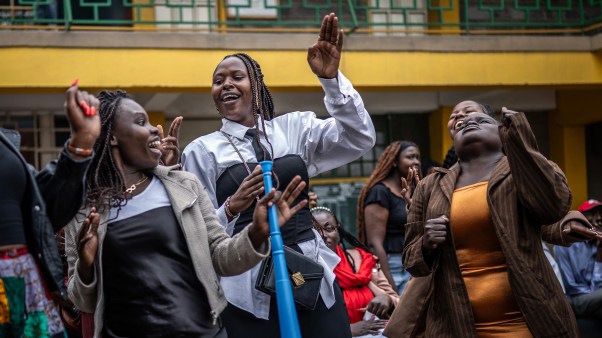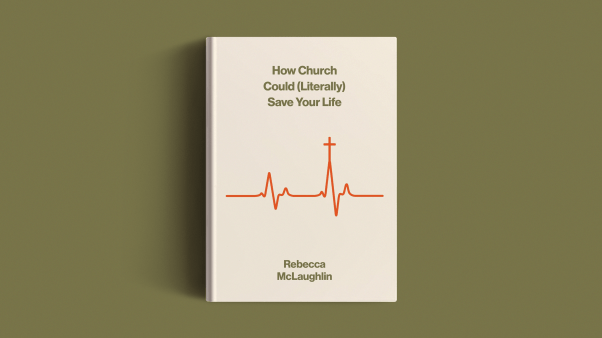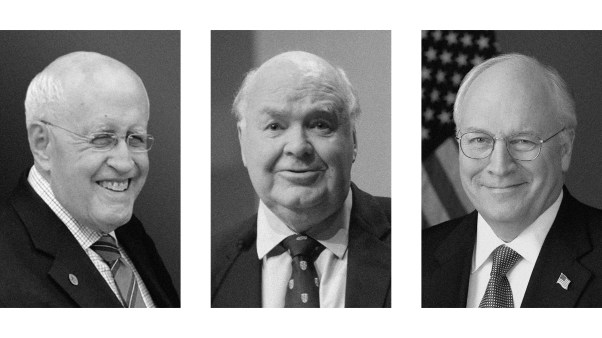While National Organization for Women (NOW) president Patricia Ireland harangued the Promise Keepers before its Stand in the Gap assembly in Washington (see p. 62), a group of tradition-minded women stood before the National Press Club to deliver a “radical feminist reality check.”
The Ecumenical Coalition on Women and Society (ECWS), comprising women from Protestant, Roman Catholic, and Orthodox churches, has issued “A Christian Women’s Declaration” (www.ChristianityToday.com/ct/archives) that challenges feminists who reject traditional Christian values. The document, a two-year effort, asserts that the “Bible is the most effective force in history for lifting women to higher levels of respect, dignity, and freedom.”
ECWS project director Janice Shaw Crouse says few women disagreed with the feminist tenets in the beginning of the movement, such as equal pay for equal work. “But now, I think we’ve seen a real change in the feminist movement,” Crouse says. “The brand that Patricia Ireland and some of the radical feminists are putting forward is not good for women.”
ECWS AGENDA: Endorsers of the declaration pledge to help “reverse detrimental cultural trends,” expose “the assumptions at the foundation of radical feminist philosophy,” and “press for a renewal of biblical orthodoxy in the church and a more central role for faith in society.”
ECWS began in response to the controversial Re-Imagining Conference, an ecumenical gathering of women that included goddess worship (CT, April 4, 1994, p. 74). Crouse says the 1994 United Nations Conference on Women in Beijing inspired the declaration. A team of nine coalition delegates to Beijing returned home resolved to counter the conference’s caricature of Christian women. “There were so many distortions about who we were, what we were like, what we believed, and what our agenda was,” Crouse says.
Contributors to the document include author Frederica Mathewes-Green, Center for Christian Women in Leadership resident scholar Mary Stewart Van Leeuwen, World Evangelical Fellowship Commission on Women’s Concerns chair Winnie Bartel, and Catholic Campaign for America board member Mary Ellen Bork.
The coalition, which has no full-time employees, is sponsoring an invitation-only conference for 100 this month. “We want to train women to be spokespersons for orthodox Christianity and particularly to counter the arguments and ideology of radical feminism both in the church and in broader society,” says Diane Knippers, president of the Institute on Religion and Democracy in Washington, D.C., the coalition’s parent organization.
FAMILY FIRST: Crouse says that only a couple of women refused to sign the document because it did not take a stand on women in the pulpit.
“What we still have in common is so different from the secular mindset,” Knippers says. “We want to emphasize our basic commitment to the marriage bond itself.
“The internal battles within the church are important and serious battles,” says Knippers. “But I think a lot of us are realizing that outside there are women who are being sucked into a movement that will destroy them and their families. What we want to create is a broad-based movement to address this, and we’re just going to agree to disagree on these other points.”
Copyright © 1997 Christianity Today. Click for reprint information.










